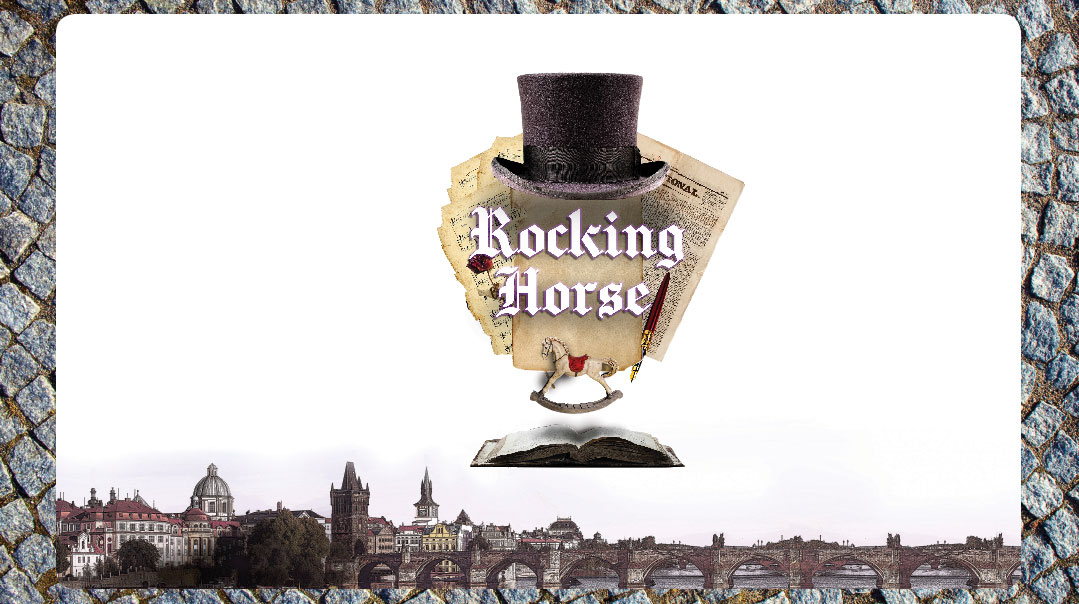Rocking Horse: Chapter 46

“Fortuna, do you still think that I am a princess who lives in a castle? This is all I have”

The consul wears the tall traditional hat, with a turban wrapped around the rim and the clothing of an Austrian gentleman, as if he is embracing both the old world and the new, the East and the West.
Becca blinks when she sees him, and reaches out to hold Raizel’s hand. This trip to the Austrian consul is one of the first times that Raizel has left the house, and here and there, when the streets are quiet, Raizel actually looks around with something of interest on her face. She should have taken her outdoors earlier. Winter’s harshness has faded and the wind, though strong, is fresh and fragrant.
The consul waits for her to speak, and she has rehearsed her lines with the wife of the Rosh Kahal, who is quite happy to free herself of the responsibility.
“My friend was brought to this country under false pretenses.”
The consul drums his fingers on the table. “Yes.”
“She thought that she was coming for domestic work. And instead…” She trails off. She does not know the words, if there are words, if there is a way of enwrapping Raizel’s experience and communicating it to someone else.
The consul sighs heavily. He reaches in to his drawer and takes out a pen, which he unscrews and dips into a small glass bottle of ink. “Instead of domestic work, she was subjected to servitude.”
Becca nods.
“Beatings?” he asks.
“Yes.”
“Broken limbs?”
“I suspect broken ribs.”
“Documents, please.”
Becca has them ready. She places her forged French passport, Raizel’s immigration certificate — also, doubtless forged — and her Austrian passport onto the desk.
He examines them, and Becca feels her cheeks grow hot with nervous energy. To her unpracticed eye, it seemed as if the forger did a perfect job. But will the consul agree? He drops the papers onto his desk and scribbles something on a piece of paper and hands it to her. “Passage back to the Austrian Empire.”
Oops! We could not locate your form.


